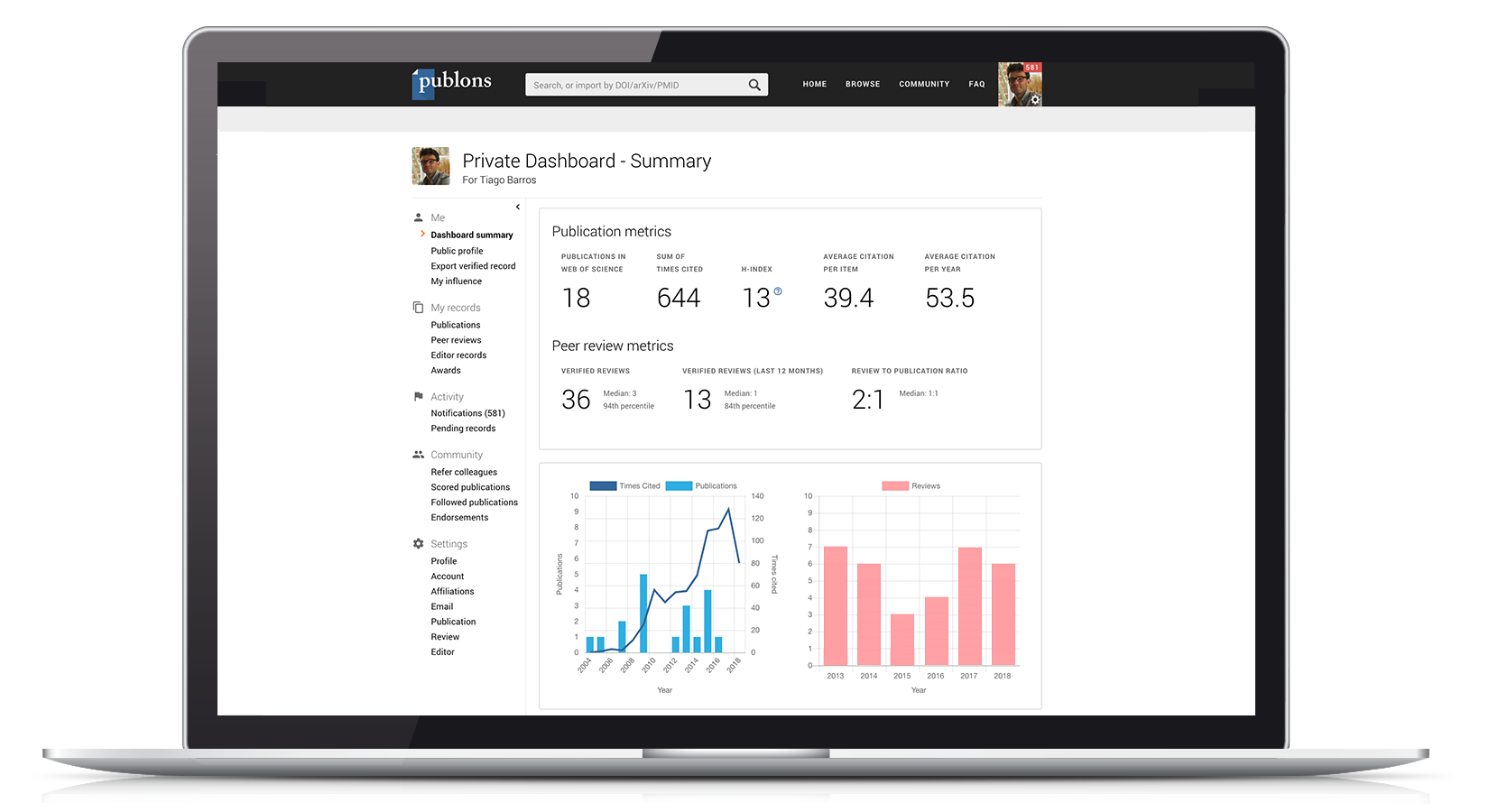
Adapted from the University of Missouri Libraries’ guide: Maximizing your research identity and impact
Profiles.umsl.edu is a site for promoting and sharing faculty research. It is an online research profile to make your research more available. These profiles are a service of the UMSL Library and the technology is related to scopus, so be sure to check your scopus profile! If you do not find your profile at Profiles.umsl.edu please contact IRL@umsl.edu.



What is ORCID? ![]()
ORCID provides a persistent digital identifier that distinguishes you from other researchers.
Why should I have an ORCID ID?
ORCID allows you to easily and uniquely attach your identity to all kinds of scholarly work: datasets, articles, books and book chapters, media stories, theses, protocols, patents, etc. ORCID helps researchers distinguish your work from other scholars with similar names.
ORCID IDs are now being used by many journal publishers and databases such as Nature Publishing Group, IEEE, PLoS, Scopus and Web of Science.
How do I use my ORCID ID?
Include your ORCID identifier on your Webpage, when you submit publications, apply for grants, and in any research workflow to ensure you get credit for your work.
How do I get an ORCID ID?
Register for a free ORCID ID
ORCID registration quick start guide
Once you register, you can enhance your ORCID record with your professional information and link to your other identifiers such as Scopus and Web of Science.
ORCID registrants who use their unique ORCID identifier (iD) when submitting a manuscript or dataset can now opt to have their ORCID record automatically updated when their work is made public. Auto update details
How do I find ORCID IDs?
ORCID ID's are designed to be open and accessible to all.
Go to the ORCID registry to look up your own ORCID ID or to look for ORCID IDs of other researchers. Click on an ORCID ID to see a researcher's list of publications.
What is the Web of Science ResearcherID?
ResearcherID is an identifying system for scientific authors. The system was introduced in January 2008 by Thomson Reuters.
In April 2019, ResearcherID was integrated with Publons, a Clarivate Analytics owned platform, where researchers can track their publications, peer reviewing activity, and journal editing work. With ResearcherID now hosted on Publons researchers can keep a more comprehensive view of their research output and contributions in one place. This is particularly important for researchers in fields that predominantly use peer-reviewed conference articles (computer science) or in fields that focus on publishing books and chapters in books (humanities and disciplines in the social sciences).
Publons is a profile tool for tracking your publications, citation metrics, peer reviews, and journal editing work in a single profile.

Your profile is created from data found in Google Scholar after you register.

Read the whole SciENcv for Creating a Biosketch guide at


